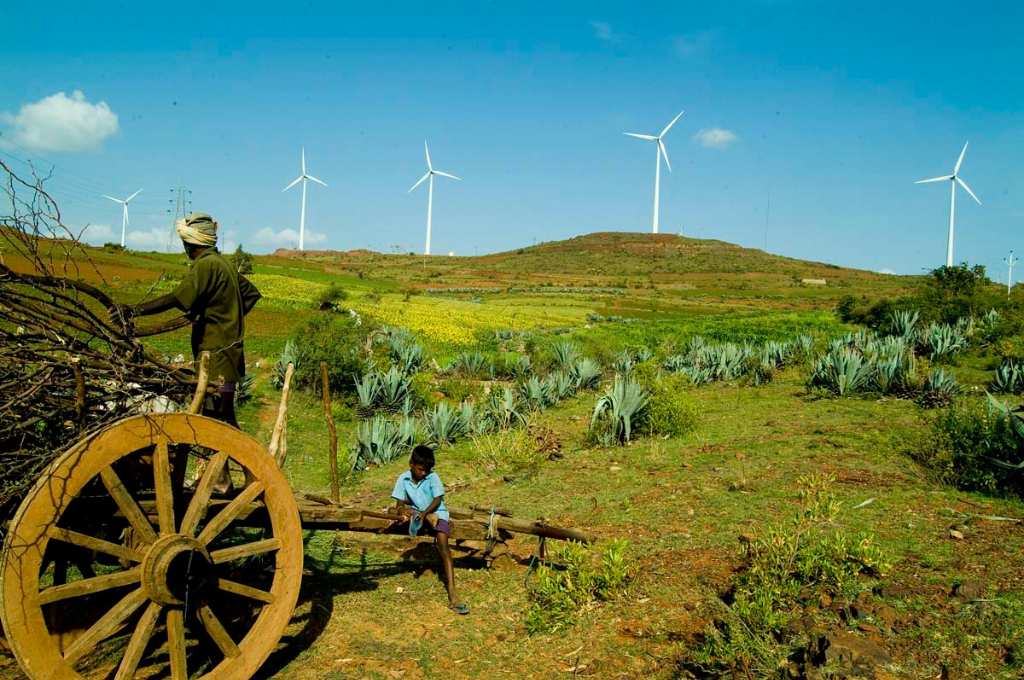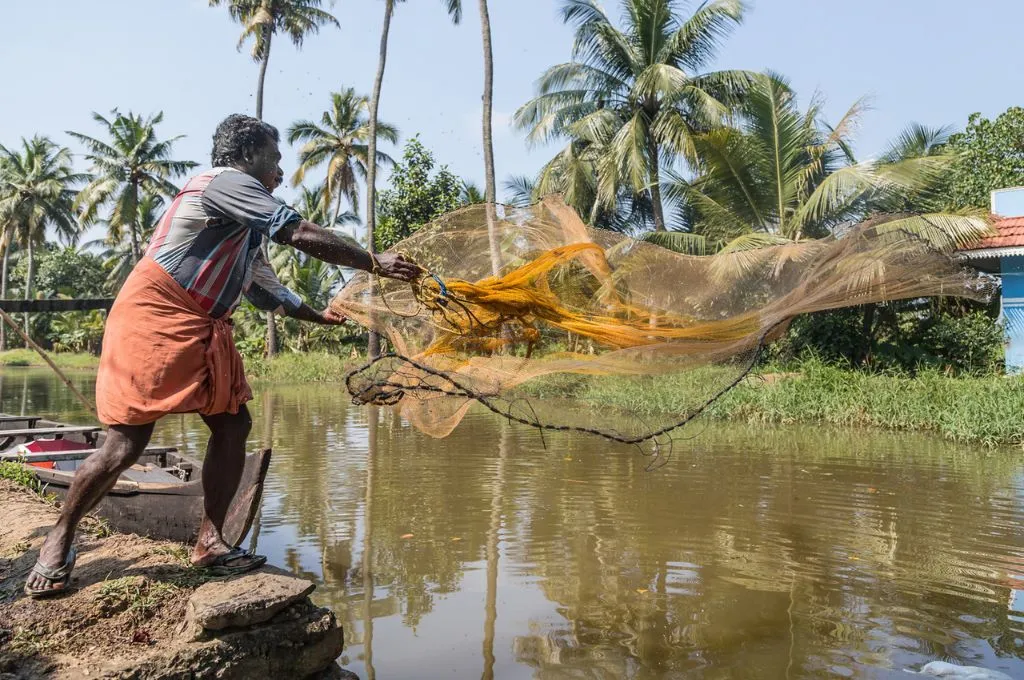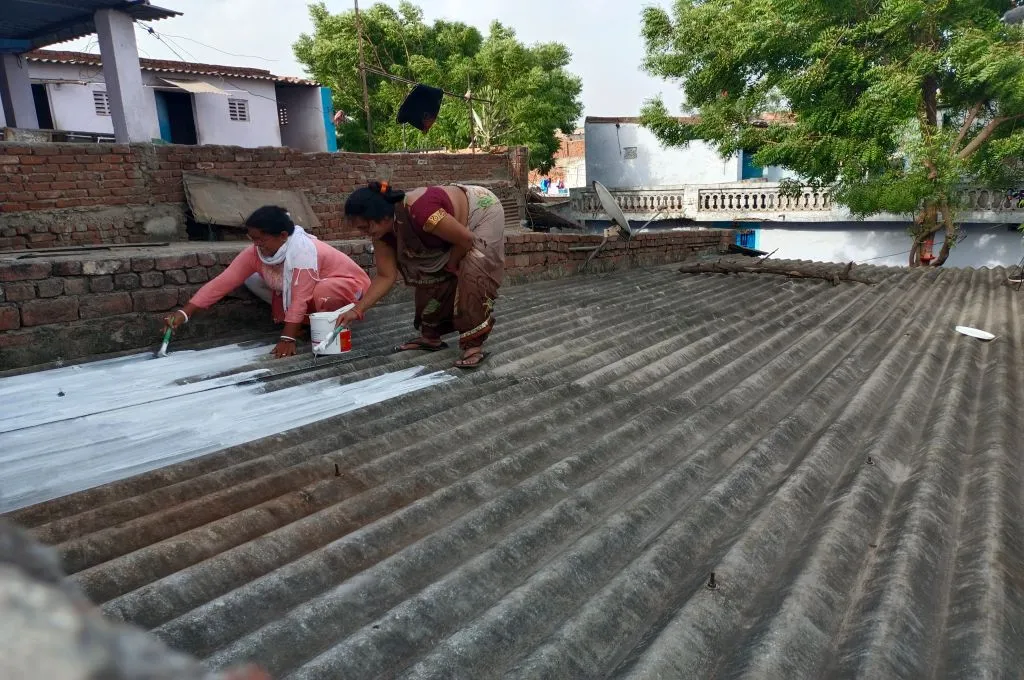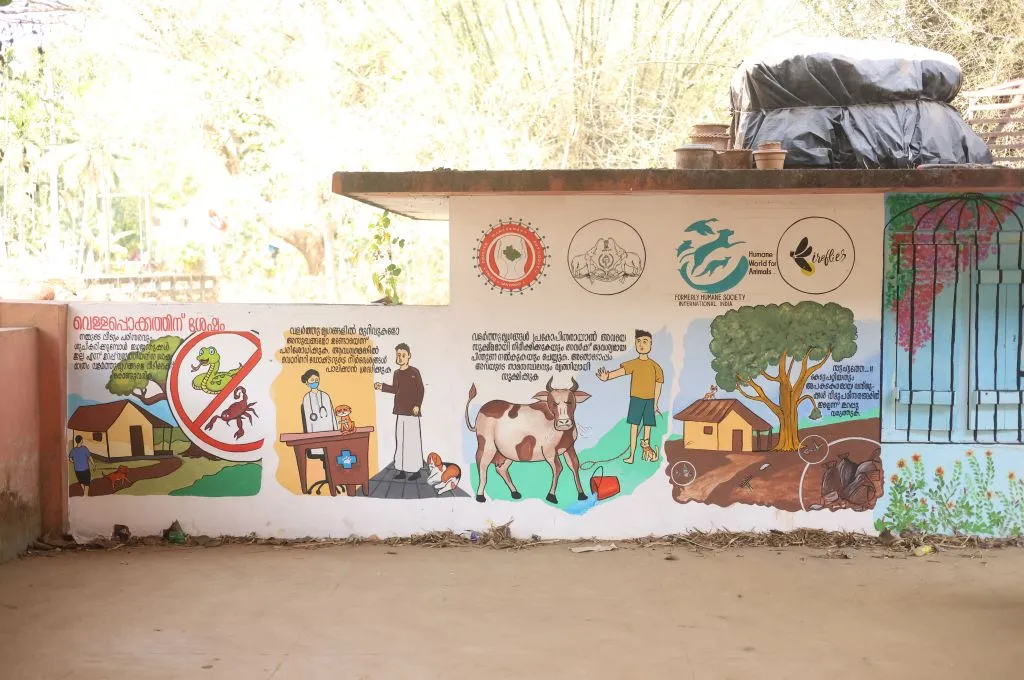A transition to cleaner sources of energy is at the core of India’s climate solutions. However, in the absence of a clear and just pathway for a transition towards a ‘green economy’, this shift will exacerbate the economic vulnerabilities of communities reliant on fossil fuel-based livelihoods, such as coal workers. On the one hand, then, the climate crisis is already impacting livelihoods, and on the other, so are the attempts to mitigate it.
On our podcast On the Contrary by IDR, we spoke with Harish Hande and Sabina Dewan to understand what sustainable livelihoods can look like in this discourse, and the role that civil society, policymakers, and businesses must play in ensuring that communities most vulnerable to the transition, don’t get left behind. Harish is the co-founder of SELCO, a social enterprise that has pioneered the delivery of decentralised solar energy across rural India. Sabina is the founder and executive director of JustJobs Network. She works closely with governments, businesses, multilaterals, and grassroots organisations providing critical information about the labour market in order to generate more and better employment, especially for women, youth, and marginalised groups.
Below is an edited transcript that provides an overview of the guests’ perspectives on the show.
How is the energy transition impacting livelihoods?
Sabina: In the popular imagination, we think of the impact of climate change as an upending of agricultural livelihoods, and people from coastal areas having to move to already oversaturated urban labour markets—which is a huge reality. So I think one is just the direct impact of climate change on livelihoods. The other side of this coin, however, is the disruption of livelihoods that is impending with the move from coal-based energy to renewable energy, and basically needing to shift people out from working in coal sectors to other sectors. And it’s not a one-for-one—no matter how many jobs the renewable energy sector creates.
The third strain is the ancillary sectors—steel production, railways—that are very much geared towards us doing business based on coal, and the way that the energy supply is structured today. And all of that we need to change and, in the process, we’ll need to have the right institutions in place to be able to equip workers, provide them with skills, healthcare, social protection, and support. And think about how we’re going to get them into meaningful, gainful livelihoods. Rather than thinking about green jobs, or what a specific green job is, we need to green all jobs. We need to shift our economic structures such that we’re relying on cleaner, more efficient sources of energy… But there’s going to be a lot of labour market pain before we have green jobs at the scale required to absorb the huge labour market shift that’s happening, a shift that might even accelerate.

How can we protect communities as we transition?
1. Decentralise job creation
Harish: We need to look at job creation that is much more decentralised. We should have that as the model, rather than ‘too big to fail’. But actually the failure is taken by the poor and not by the boardrooms.
For example, when COVID-19 hit [us], a lot of centralised supply chains of food and horticulture had collapsed, [as had] the transportation system… So a lot of the poor who were growing vegetables or different [varieties of] crops in different parts of the country could not sell [their produce] because there were no storage [facilities], nor were there any middlemen available to pick up the goods to sell them in the central market. [However, decentralised solar-powered cold-storage systems can help navigate this]. In small, decentralised cold-storage systems, [which may be] solar powered…flowers, vegetables, or any local cropping, [such as] potatoes, tomatoes, all are kept in a decentralised way, and are sold within a radius of, say, 25–100 kilometres.
[With a decentralised food-storage system,] the margins are also a little higher, because people are able to procure better prices due to the storage facilities. The second advantage is that there is a decision-making time wherein the producer [can think about whether they] have time for processing [products]. For example, if they can make ketchup instead of just selling tomatoes, and thereby accrue least [value]. Therefore, decentralised cold storage has actually led to larger opportunities for the poor to get more value for the production.
2. Restructure traditional livelihoods to be climate-resilient
Harish: If I break agriculture up into four or five sectors, the government of India has 18 value chains. Or if I go to animal husbandry, [there’s] the dairy value chain as well as poultry value chain. There are also resilient micro businesses such as eateries, barber shops, and everything else. Then you have textiles and crafts. None of these livelihoods have been explored from a climate-resilient perspective, or from the perspective of [how to reduce] drudgery, and making them gender inclusive.
For example, today when you run a rice mill on diesel, not only do you need a man but you need a strong man to start the diesel engine. [But in] a small solar-powered rice mill, [you can] switch off a button, [and] you suddenly have women coming into the livelihood force. So the beauty of creating livelihoods in a decentralised fashion is that not only does it create livelihoods—jobs today, not tomorrow, today—but it’s also automatically climate-resilient, it’s inclusive, whether it’s gender, [or] a marginalised religious community, and it’s bottom-up, and democratised in many ways. So those are huge opportunities where innovation in terms of technology has not yet happened.
3. Establish stronger regulatory measures for businesses
Sabina: Our economic models and our policy and regulatory frameworks in India are skewed towards not really focusing on the bottom of the pyramid, where development needs to happen most. But I would fault the fact that our economic systems are skewed and our regulations are not adequate and our policies are weak.
As fiscal resources with governments have become weaker, there’s an increasing reliance on the private sector to fund different aspects of development.
For one thing, we have minimum wage regulations, they don’t get enforced very well, certainly they don’t get enforced when it comes to women’s employment. But we’ve now moved from inspections to voluntary reporting by companies. These kinds of trends actually exacerbate the existing asymmetries of power. Now, over time, as fiscal resources with governments have become weaker, there’s an increasing reliance on the private sector to fund different aspects of development. There’s a consolidation happening…with big companies that swallow up smaller companies. We see this with the big six [in] tech. These economic systems are more conducive to the continued asymmetries of power, at the same time we have weak regulations and policies to counter that.
But the problem in my view is that we’re not doing enough to put a stop to that or to counter or moderate it. And therein lies one of our major action items. I absolutely agree that decentralisation and localisation when it comes to job creation is essential, particularly for a country as large as India. That said, I don’t think we can completely undermine the importance of exports in our nation’s development, in our jobs picture. Our labour market is too big and too diverse for us to completely cut out one part of the equation.
4. Ensure businesses take responsibility for their actions
Harish: Businesses have to take responsibility—they are a part of society and part of the environment in which they’re working. For example, [if] I work in a certain landfill, I have a geography around me of people, land, the flora and the fauna. The question is, do I say that I really don’t care what happens, because anyhow there are no regulations… Are we saying that it’s okay to be extractive?… You cannot be extractive until the regulations come in. [If it were so,] then I can mine as much as I want because my end goal is profitability. I really don’t care what happens to the tribals around me or anywhere else. Then what is the role of industry associations like Confederation of Indian Industry (CII) that are supposed to be taking [into consideration] all the nuances?
Climate change and poverty cannot be solved by only regulation, government—it’s everybody together.
It’s not only the profitability of the business [that matters]… So we cannot say one part of the society [the industry) will not be playing the game [by the rules]. [They] have to be equally responsible, because climate [change] and poverty [cannot be solved by] only regulation, government—it’s everybody together. We cannot say, “Until somebody does the regulation, I’m not going to do it.” And I think that’s exactly why the disparities have increased. That’s why only nine men have 70 percent of the world’s wealth.
Sabina: What I’m suggesting is that we can’t just pin the blame on them and not do anything about it. And what works with business, as we’ve seen, is consumer pressure, right. At the end of the day, these [people who run big businesses] are a multitude of individuals that one-on-one are probably very nice people with the best of intentions. But when you put them together in the form of a profit-driven corporation, then there’s a different outcome until there’s pressure. And these pressure points or incentives either have to come from the market and consumers or they have to come from the government in the form of regulation. Let’s be clear, even the companies that do good things are doing them because people see that they’re doing good things and then we’ll be more inclined to buy their products… There are a lot of businesses that are jumping into the adaptation-mitigation game precisely because they see a market opportunity. There is a market opportunity to manufacture solar panels or to come up with different kinds of solutions that help communities and populations deal with the nefarious effects of climate change. I think it’s important to see what the incentives and pressure points for business are, and these are the market, consumers, regulations…
The solution is not us standing here saying, “They should take responsibility.” The solution lies in market pressure, consumer pressure, regulatory pressure.
Harish: The only place where I disagree is when we say market pressure… The moment you have market pressure, Facebook changes its name to Meta… They are selling the same product with a different name. And regulations [are important], but also some of it [should,] I’d say, start at the beginning—at the fourth, fifth grade, MBA classes–[by] bring[ing] in the concept of social sustainability. And today social sustainability is not a good CSR you do after 60. It is part of the business. But unless and until we change the coursework in MBA schools, [influence] the future managers, this is what management is. And part of those guys come in to [become] CEOs. And some become the regulators. We are not catching them young.
Can civil society help ensure the energy transition is a just one?
Harish: Civil society is very fragmented in a country like ours. When you look at CII, at least the industry has an association. Civil society is less coherent. And I will be saying that civil society has to take on a much more serious role; rather than just saying that we are standing for the poor, what are you doing? Are the poor part of your problems and part of your solutions? And you are raising the most expensive money—philanthropic money or CSR money is the most expensive money because that can make or break a potential future market or an ecosystem. And programme design thinking is what needs to happen in the civil society—when you’re designing programmes, are you designing from a 10-year perspective? Or are you designing for just a funder, from a March 31 perspective? I think civil society is way behind in its formulation of what needs to be done from a climate resilience perspective. And that’s where I see a huge gap that needs to be plugged.
Sabina: I think it’s important to note that civil society is an extremely valuable connect to the ground, often compensating for the gaps in our public and government infrastructure and policies. So I really think that civil society has an absolutely crucial role to play. The very fact that they’re not part of the private sector, not profit-driven, actually gives them licence to really engage with the communities in a way that has a different set of incentives, that has a different set of goals. That is often not the case with the private sector or a business. No matter how small the business, it’s still trying to make a profit. And that’s a really, really vital part of the equation—that civil society is invaluable.
You can listen to the full episode here.
—
Know more
- Learn how renewable energy projects set up in Jaisalmer’s community forests are affecting biodiversity and livelihoods.
- Read this report by the International Labour Organization to learn how heat stress affects livelihoods and productivity.
- Read this policy framework to learn how a just transition can be implemented.





